I did a poll a while back asking what I should write about. Surprisingly "my old boomer times" won by a large margin. So I present you with a history of MUDs, the thinking man's multiplayer game.
Telnet
Back in the 1800s (yes, that's how far back I'm going) Americans invented all kinds of awesome things: telephones, machine guns, movie cameras, record players. Two of these devices, the typewriter and the telegraph, were combined into something even more powerful. The keyboard of one typewriter sent electrical signals to control a typewriter at a distant location. This was known as teletype. It's how big organizations like militaries and multinational corporations sent data for about a century.
Teletype Model 33.
Eventually Americans invented even more cool stuff like mainframe computers capable of doing time sharing. This meant they could respond almost instantly. You could connect a teletype to the computer but that was suboptimal as the teletype couldn't print as fast as the computer could think. So the printer was replaced with a video screen, and now you had a dumb terminal. It could show text on a screen and accept text input but that was about it. These came into use in the 1970s among big organizations that could afford to pay for the luxury.
A DEC VT100 terminal. This is the standard terminal that's emulated in software.
Another revolution quickly followed in the 1980s with microcomputers, little computers so cheap that an individual person could own one. These were not very powerful at first but they were smart enough to pretend they were a dumb terminal and connect to mainframe. It's a computer emulating a terminal emulating a teletype.
Telnet being used for something more serious.
Why waste your time with this history lesson? It's important to understand the environment we're dealing with here. The Telnet protocol that you use to connect to a MUD is all about text. The technical details of how it gets from one place to another are more advanced, but in the end it's just alphanumeric characters going in and out like a machine from the 1800s.
Gaymers Rise Up
As universities got mainframes capable of time sharing, computer games soon followed. Among the most revolutionary was 1976's Colossal Cave Adventure. The player explores a cave system made up of a network of rooms. Each room has a text description and it can have items in it for the player to pick up. The player gives commands by simply typing in what they want to do. Many more games following this formula followed and the text adventure genre was born.
Don't get eaten by a grue.
Zork was among the most popular of these new games. Some nerd at the University of Essex loved to play a version of it called Dungeon. In 1978 he decided to make a multiplayer game based on it, which he naturally called Multi User Dungeon, and the MUD was born. In 1980 the university was connected to the internet, exposing MUD to the whole world.
UNIX Nerds Emerge
The roots of the MUD genre were now firmly planted but it would be many years before it bloomed. There were a number of technical obstacles which made it prohibitively expensive for all but a lucky few to play MUDs. The internet was only available at a few dozen universities and major computer companies, most of which frowned on using it for monkey business like playing games. By the late 1980s there were several MUDs running on commercial networks like CompuServe and AOL but these charged obscene amounts for connection time. Microcomputers like the PC became available but were still far too expensive for an ordinary family to get just to play games. A modem had to be purchased separately and these were incredibly slow and expensive as well.
Remember how to calculate your THAC0.
Despite these challenges, the 1980s saw great progress. A new nerd monoculture was sprouting in America and Europe, one that would prove to be fertile ground for the emergence of MUDs. The UNIX operating system and C language were taking over university computer science programs replacing a hodgepodge of weird proprietary systems. This made it much easier to share code, which would be crucial in the golden age of MUDs. There was compatibility in culture as well. Every nerd liked The Lord of the Rings and Dungeons and Dragons.
Explosion
Ultimately MUDs would explode in popularity not because of some revolutionary idea from a creative genius but simply because computers got better and cheaper over the years. By 1995 you could get a Windows PC with a modem for a reasonable price. The fiber optic backbone of the internet was laid and in the early 1990s the government allowed it to be used for commercial purposes. University computers became powerful enough that running a MUD wasn't too big a drain on resources.
Around 1990 a few free (as in Richard Stallman eating something off his foot and calling it "GNU") MUDs appear. Most MUDs in the future are descendants of these, especially the enormously influential DikuMUD. However there are also all kinds of MUDs with their own unique codebase, some of them quite bizarre like one based on LISP. The most enduring are true labors of love, often based in a university computer science department and passed down from one class of students to the next.
A map of the city of Midgaard. DikuMUDs generally kept the same layout.
Some MUDs were for roleplaying. You were expected to stay in character pretending you were an elf or a Romulan or something. As shameful and embarrassing as it was to engage in this type of behavior, it had a charm. You were essentially cooperating with the other players to write a story in real time. If nothing else, you could learn how to write quickly under time pressure. Some of these artsy-fartsy type MUDs let you create your own areas and even program them. It was kind of like Second Life except without graphics or Bardfinn. With no graphics and such a simple user interface it was easy to add whatever gameplay mechanics you could think of.
But most were simple hack and slash affairs. You go out to an area appropriate for your level, preferably in a group, and hunt for mobs. When you find one you type something like "kill orc" and enter combat, taking turns attacking each other. Occasionally you "kick" or "cast magic missile" or whatever your class' special power is. When you kill it you get xp, gold, and maybe equipment. This should sound very familiar to you. MUDs were inspired by D&D and in turn became the basis of MMOs. EverQuest, the first MMO to achieve mainstream success, ripped off DikuMUD to a large extent.
Legacy
The golden age of MUDs lasted until around 2000. During this period they were really the only game in town. There were multiplayer FPSs and RTSs but nothing that gave you a similar experience. On a 56k modem it took a few seconds just to download a jpeg. Internet connections were much less stable, frequently cutting out for a second or two. So text still made sense as the medium for a multiplayer game.
Then MMOs arrived like Spanish conquistadors, bringing ruin for our civilization. Better PCs and better communications technology like DSL finally allowed the dream of a "graphical MUD" to come true. These were the shiny new thing. Why read walls of text written by some random 20 Finnish nerd boy when you could be looking at 3D graphics instead? If you had any normie friends they would be playing WoW, not words words words. Of course some MUDs have survived and are still thriving today, but the age when there were a thousand running at a time with all kinds of creative new ideas is over.
You can't compete with graphics like this.
So why do I lament the passing of this era? Is it just nostalgia for a time when ska ruled and action movies had real stunts? No. It's more. That was a time when we were free. Free to express yourself. Free to make your own world. Free to implement any crazy gameplay system you wanted. Free to be a Romulan. Jolan 'tru, dramanauts.









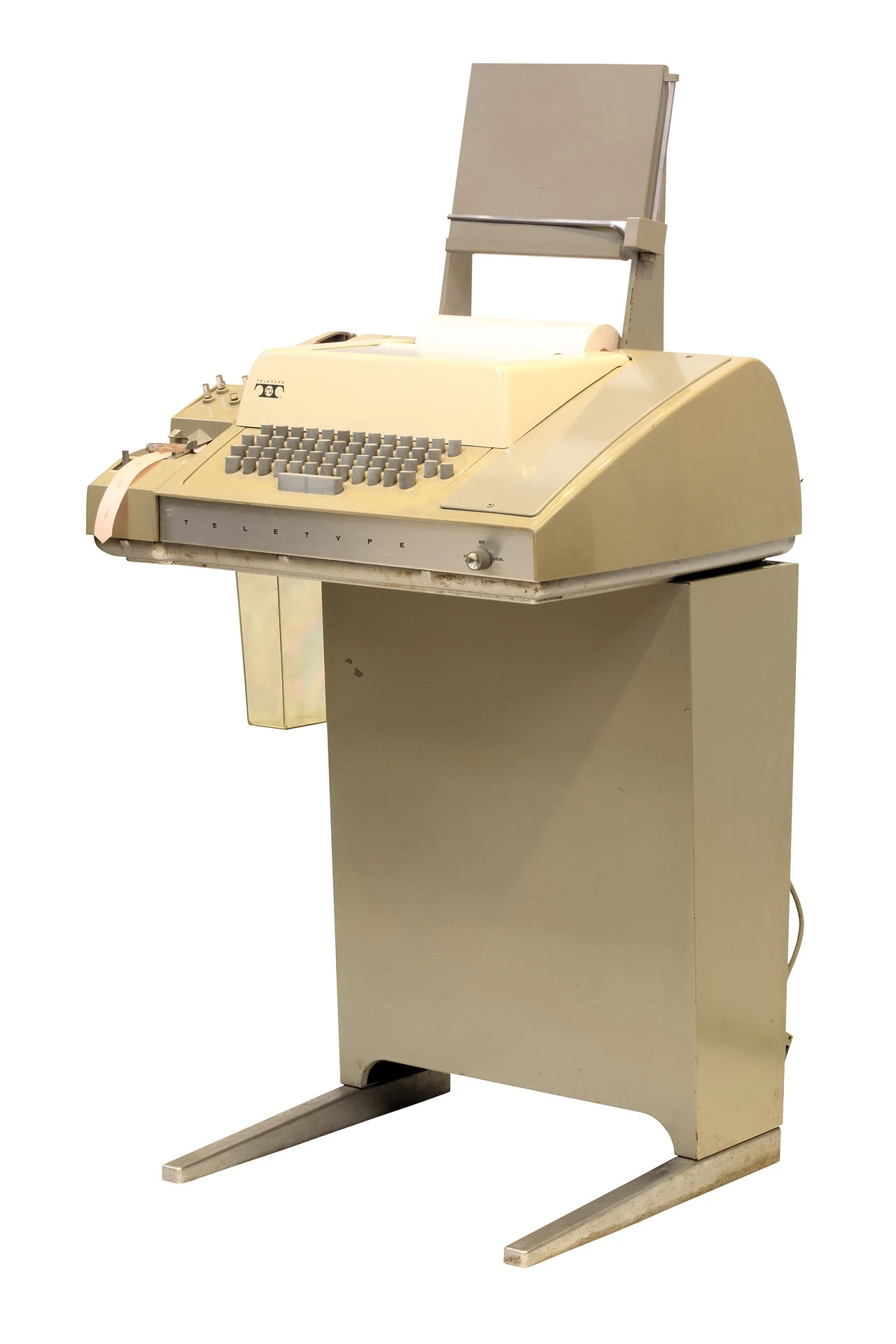
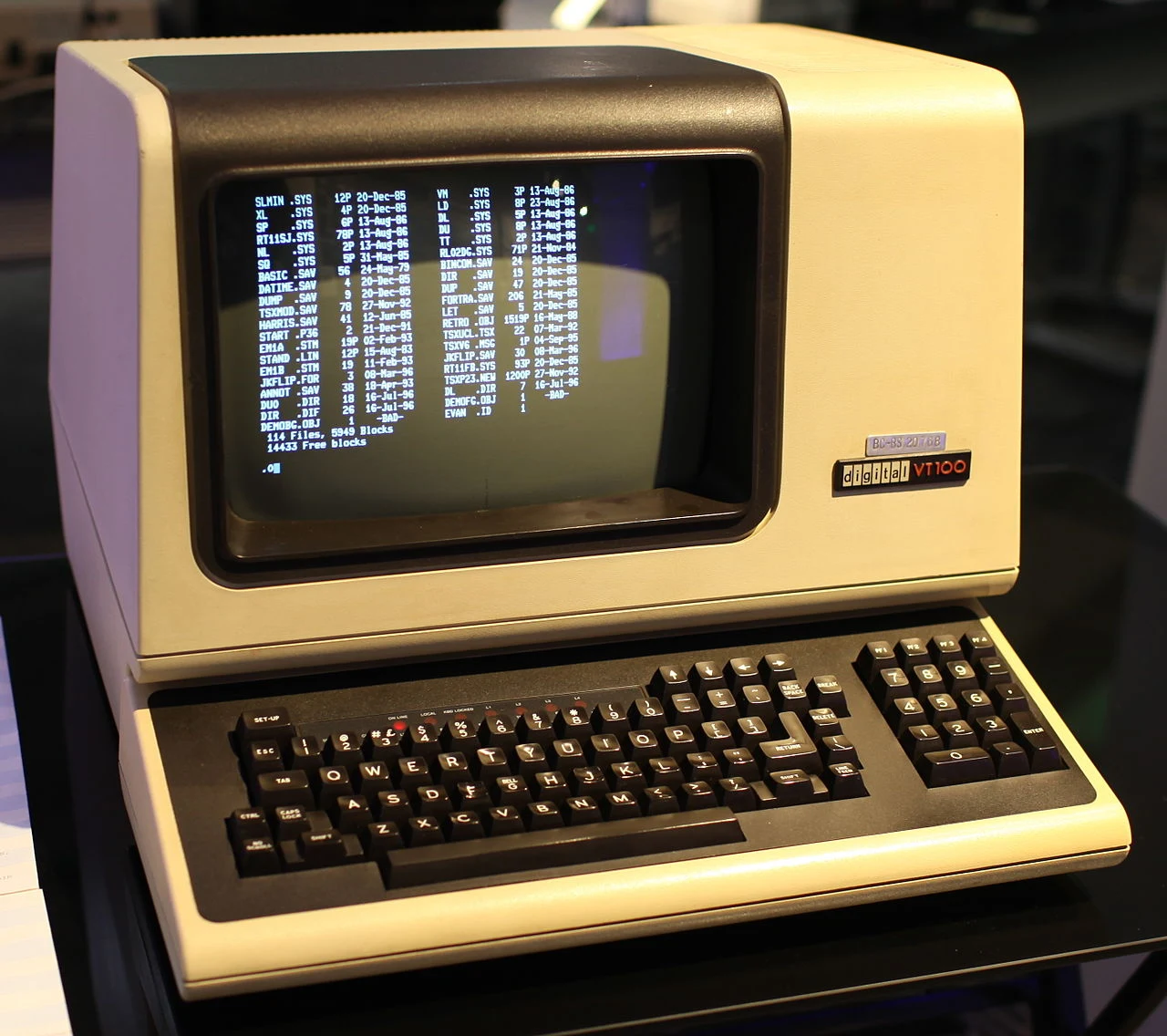
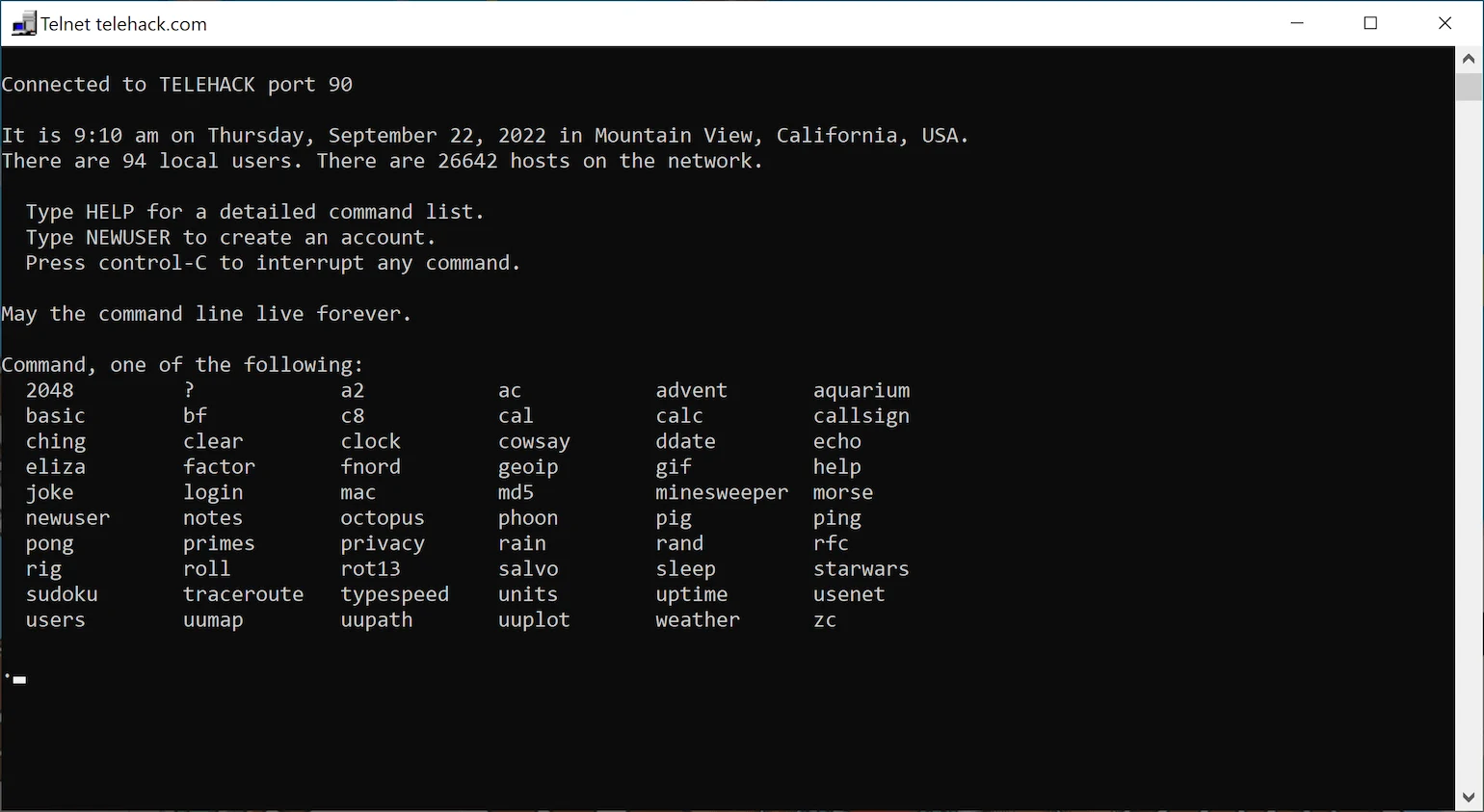
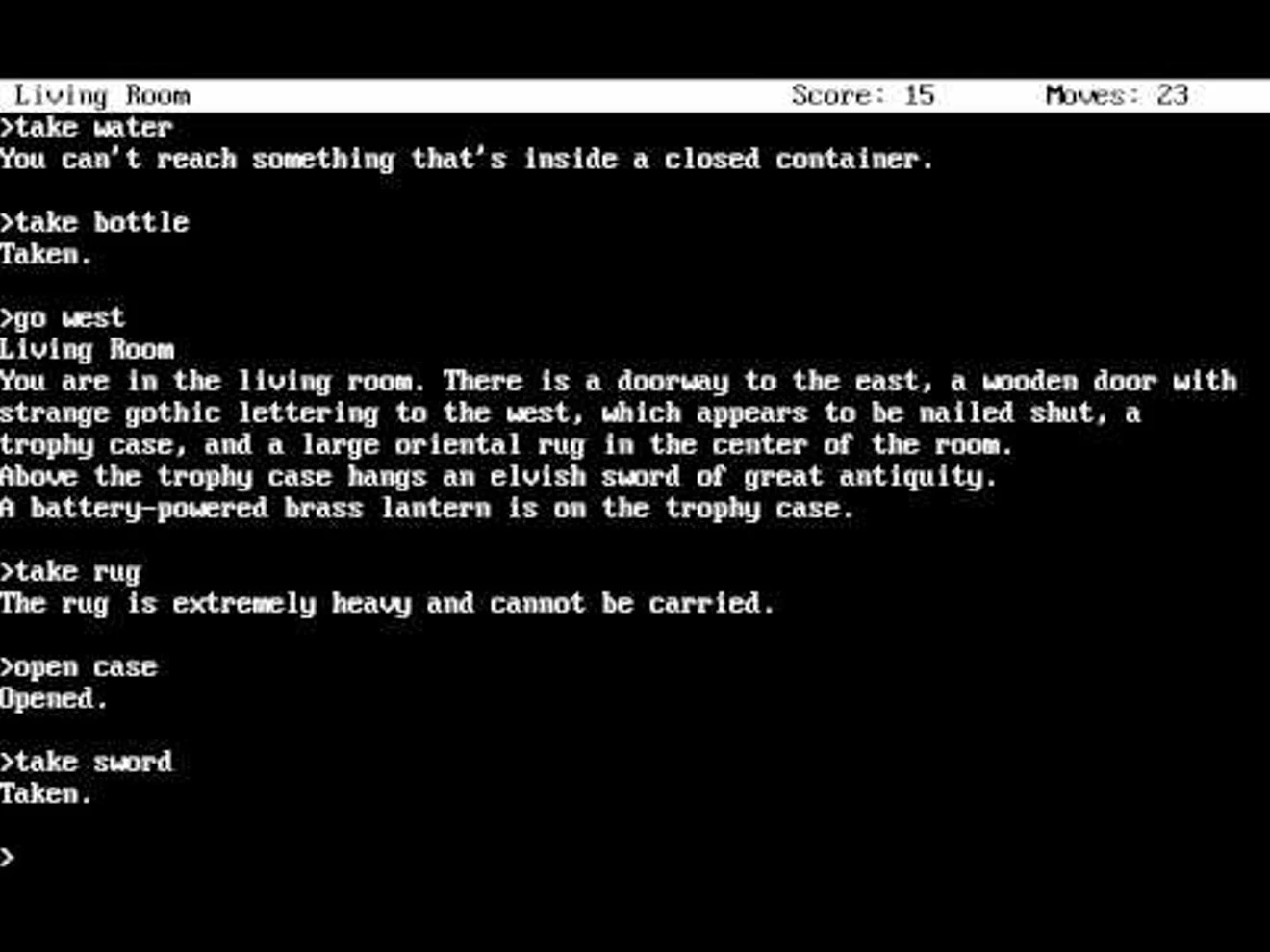
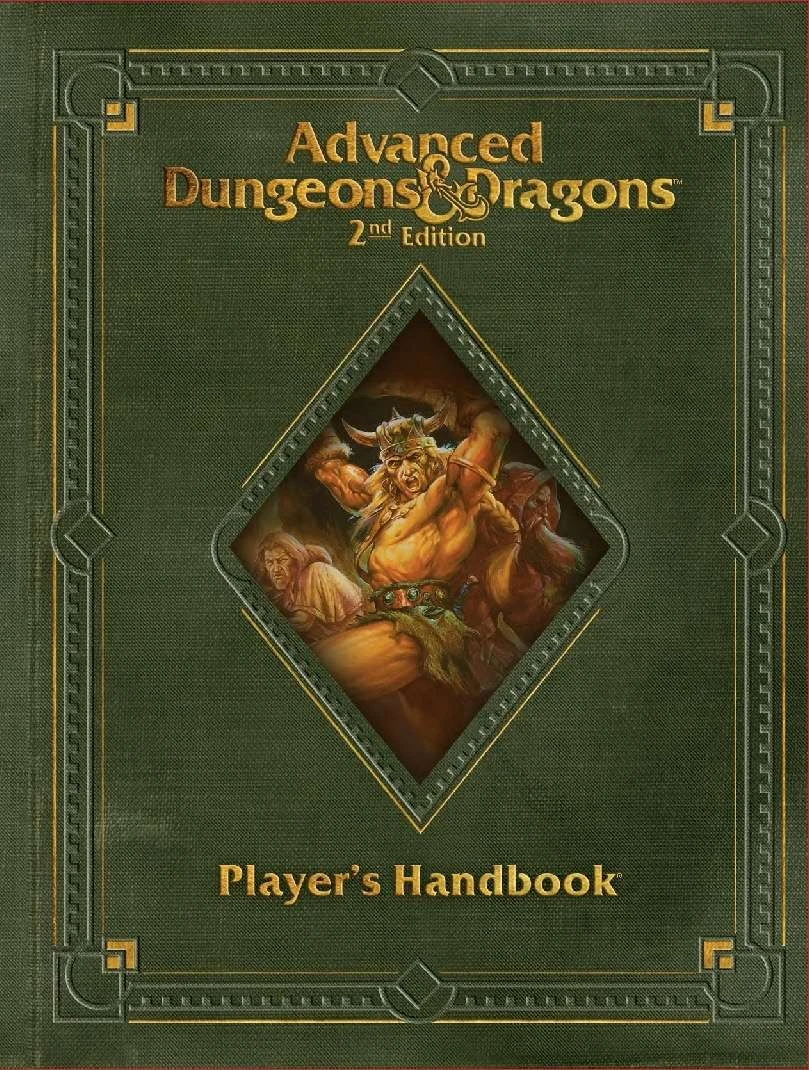
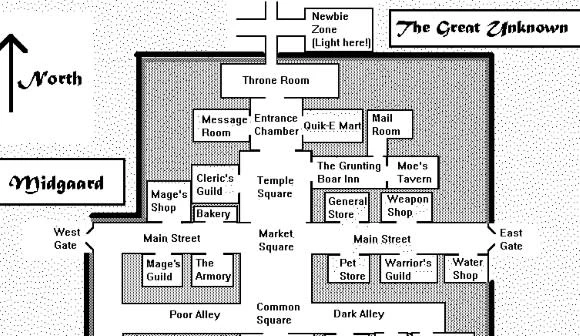
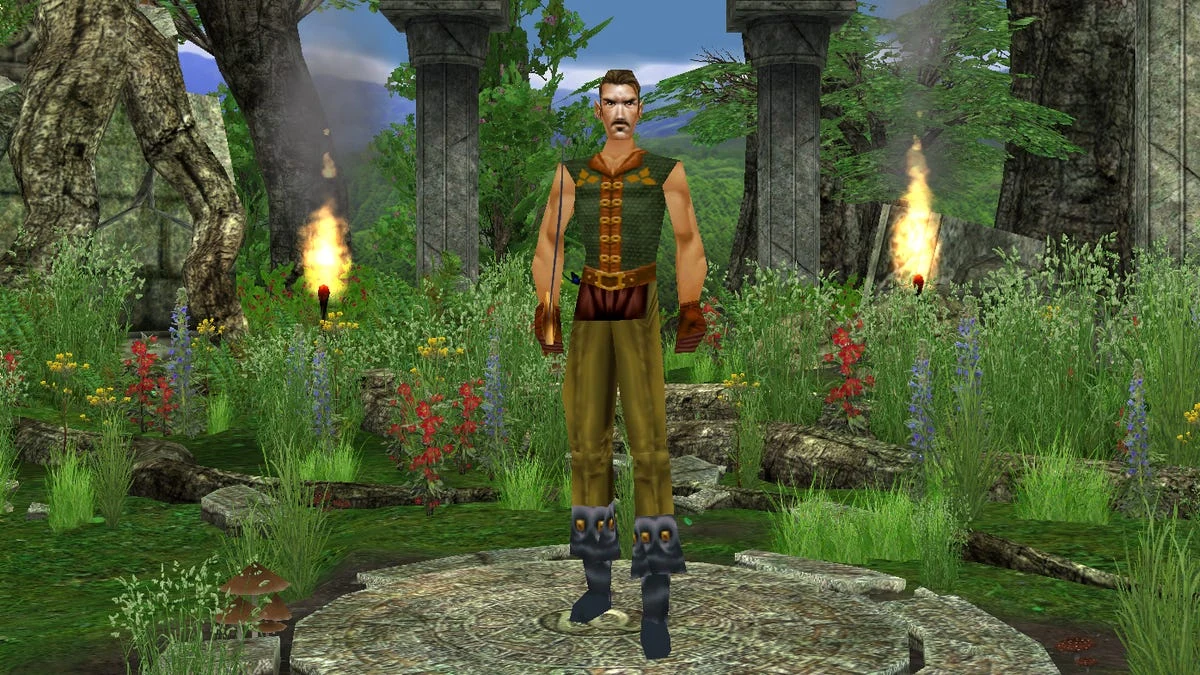
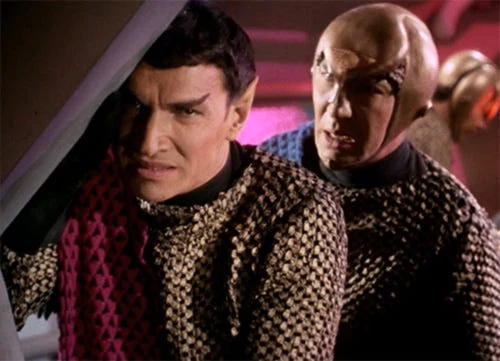

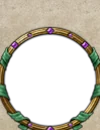
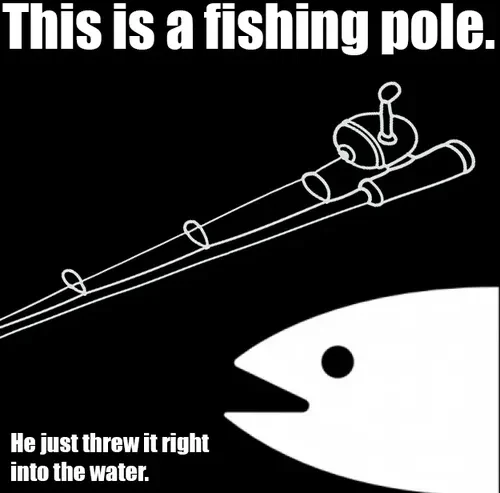
Jump in the discussion.
No email address required.
As a wee sperg I wanted more than anything to find a cyberpunk MUD still active, but I had juuuuust missed that era.
The sites were still up, and I'd read all about the classes and items and locales wishig I could live out my Sprawl fantasies but the severs were completely abandoned by then, if they were up at all.
What MUDs are even up still?
Jump in the discussion.
No email address required.
Let's see, I'll just go to MUD Connector...
I know there was someone in the dramasphere a few years ago who was playing one that was still pretty active so they do exist.
Jump in the discussion.
No email address required.
https://mume.org seems alive, I even thought about doing a dramatard invasion there.
I had my most shameful g*mer moment there btw. I was playing as a Black Numenorean, sneaking around in the starting caves below our mountain, backstabbing cave spiders and the like. Then suddenly we were raided by the goodies, and I accidentally ended up in a room where the fighting was going on, with our side prevailing, except I panicked and spammed "open e" to get out and overwhelmed our side's efforts to "close e" and they escaped apparently. Never logged in afterwards.
Jump in the discussion.
No email address required.
Yeah we gotta do this somewhere.
This sounds even more embarrassing than being a Romulan.
Jump in the discussion.
No email address required.
More options
Context
More options
Context
https://grapevine.haus/
MUDs invented microtransactions, so games like Achaea/Gemstone IV/DragonRealms still have active playerbases who are financially chained to them. I liked the Discworld MUD and this Stardew Valley-ish one.
Jump in the discussion.
No email address required.
Awww sweet. I'll have to check some of these out.
Jump in the discussion.
No email address required.
More options
Context
More options
Context
They were already few and far between in the mid 00s, i can't imagine many are left.
The genre died with Ultima Online and EQ
Jump in the discussion.
No email address required.
More options
Context
More options
Context
The problem with MUDs is that they're all invariably populated by p-dophiles nowadays. I wouldn't recommend even looking at them.
Jump in the discussion.
No email address required.
More options
Context
The furry ERP ones
Jump in the discussion.
No email address required.
More options
Context
More options
Context